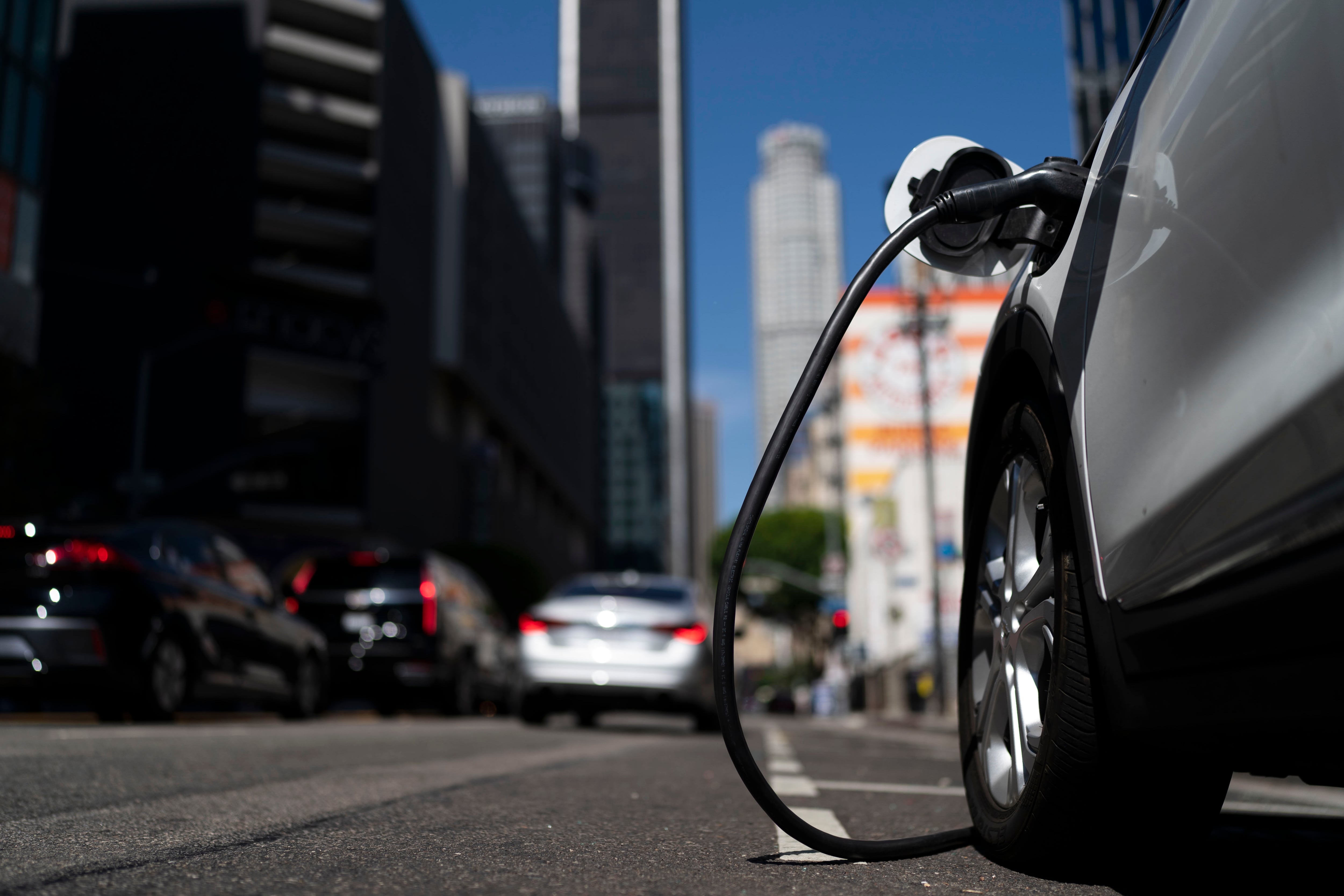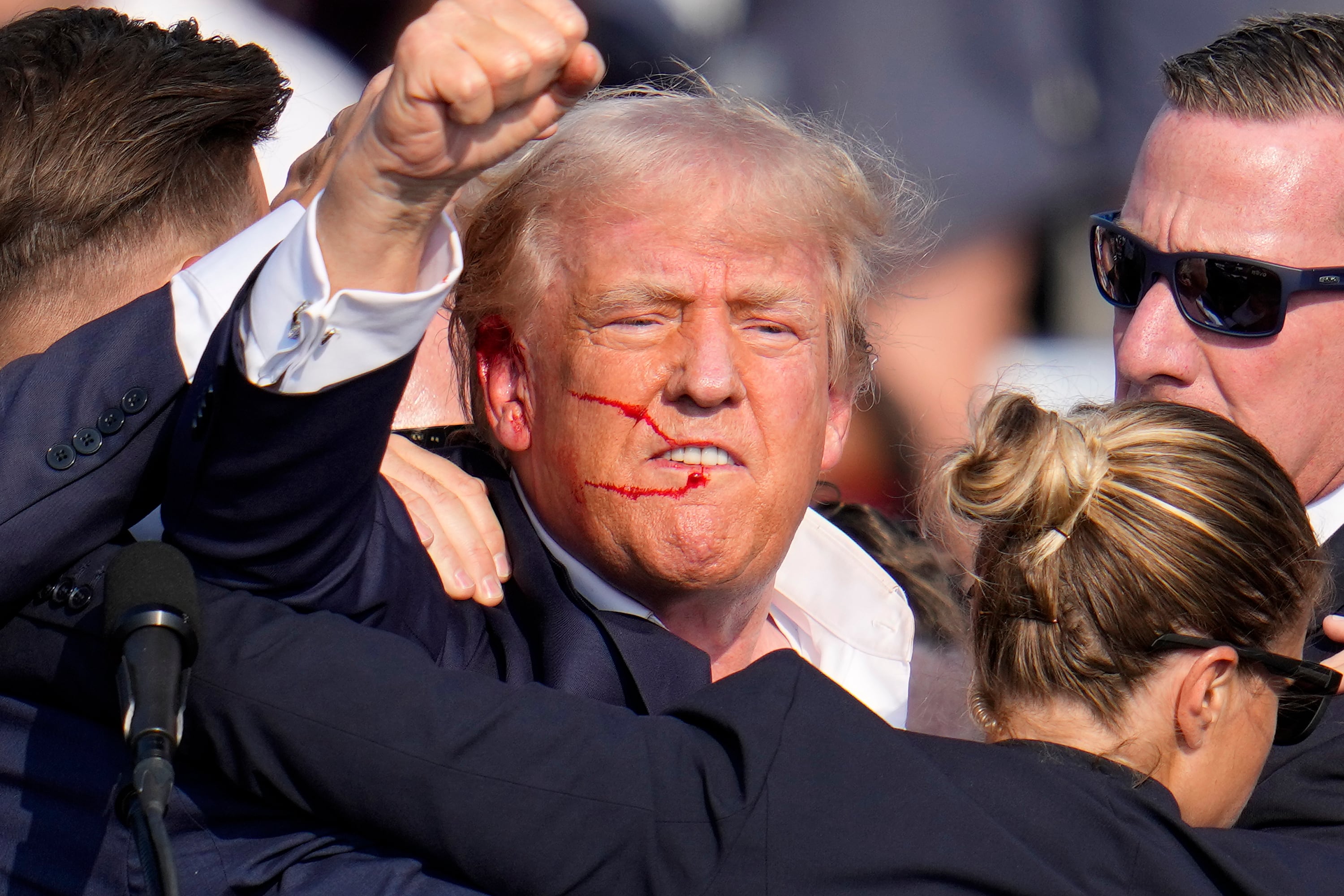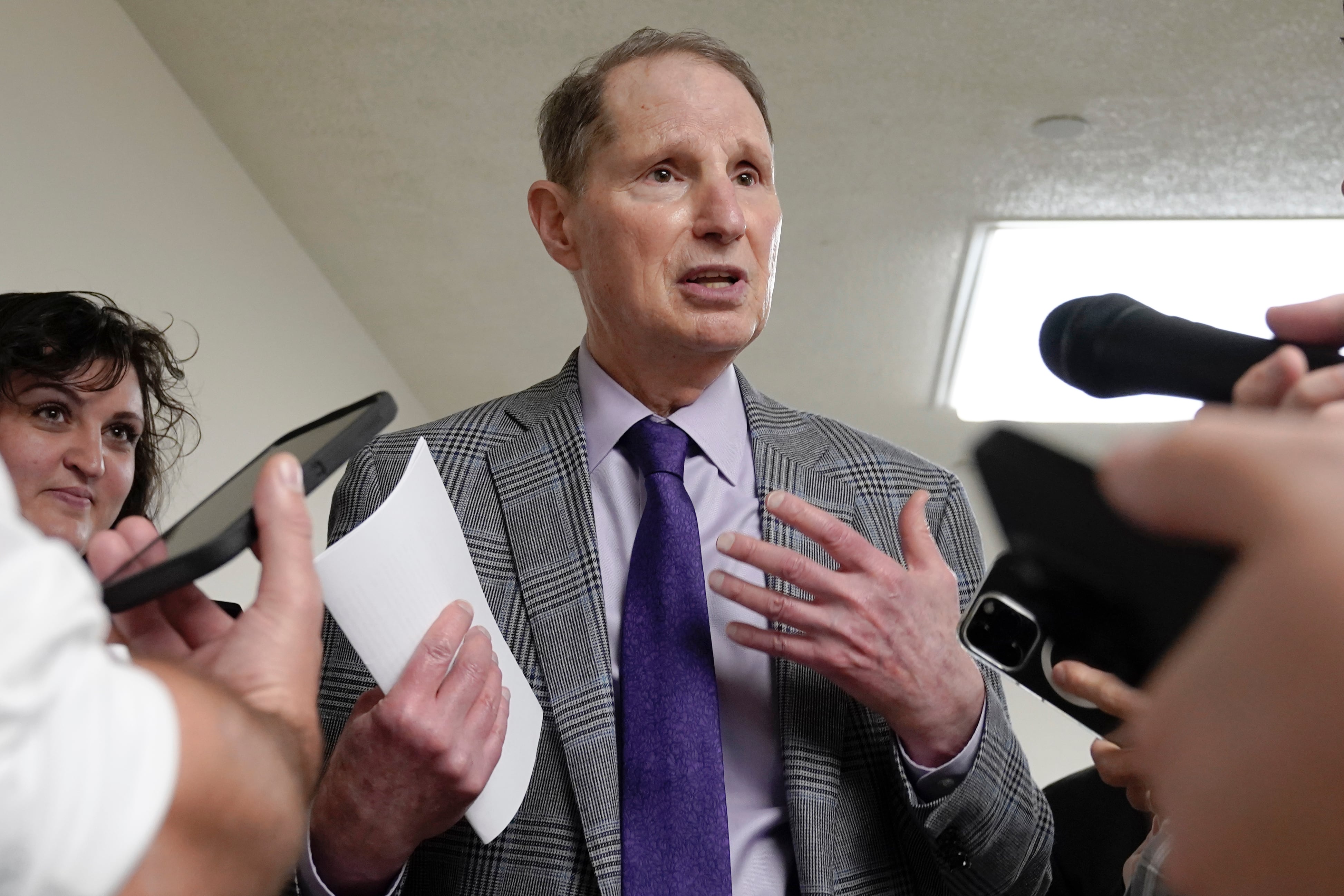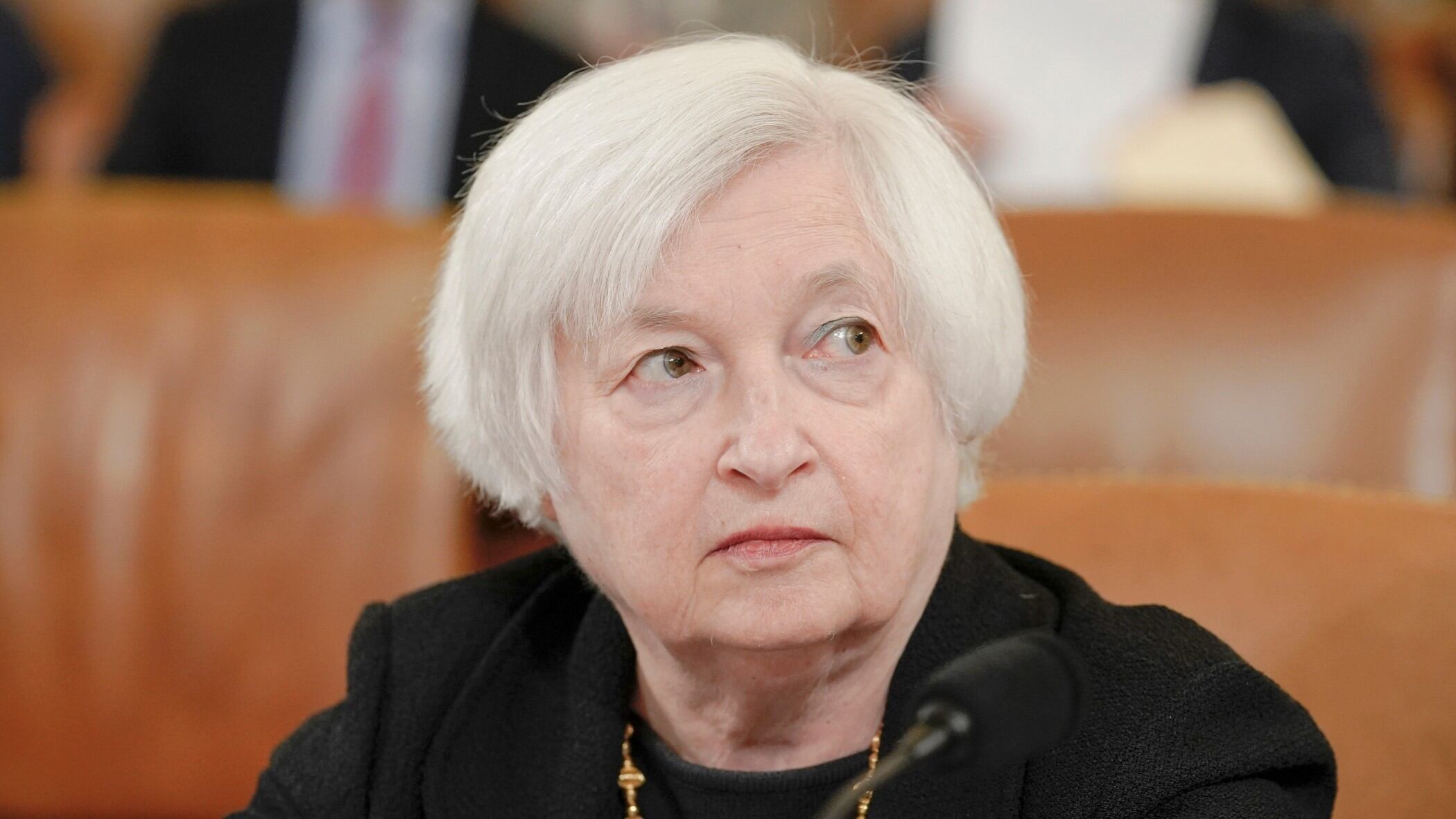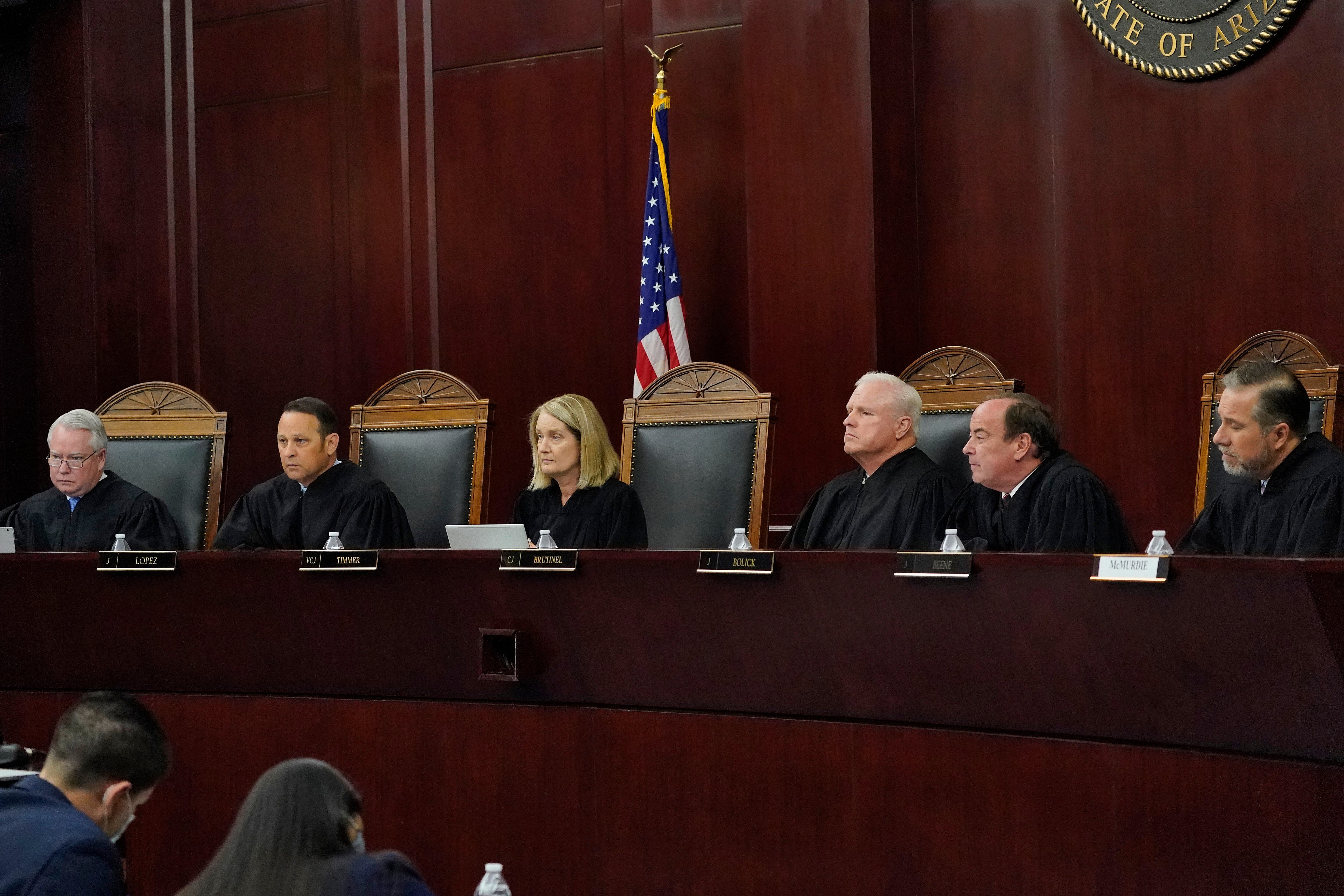The rollout of potential regulations to drastically cut gas-powered vehicle sales in Maine was pushed back by a year because environmental regulators had to delay a key vote after a storm caused widespread power outages.
The Board of Environmental Protection postponed its Dec. 21 vote and won’t reconvene before year’s end. The delay means the proposed rules must be amended to go into effect for vehicles in the 2028 model year instead of the 2027 model year, and also reopened for public comment, said Jeff Crawford, director of the Bureau of Air Quality for the Maine Department of Environmental Protection.
The original proposal would eventually require 82% of new vehicles sold to be considered zero emissions by the 2032 model year. A dozen states have already signed onto California’s standards for boosting electric vehicle sales and reducing traditional vehicle sales to meet climate goals.
Critics of the environmental regulations were happy to get a second chance to weigh in. Additional public comments are allowed through Feb. 5.
House Republican Leader Billy Bob Faulkingham, an opponent of the proposed regulations, said widespread power outages would've made it difficult to charge electric cars, underscoring the need to reconsider the proposal.
If proponents insist on looking to California for modeling policies, “the next step is to outlaw chainsaws and generators,” he said.
But the Natural Resources Council of Maine, which supports the new rules, noted that climate change likely contributed to the storm and "should serve as a stark reminder that protecting Maine people and Maine’s environment requires decisive action to reduce greenhouse gas emissions."
The proposal followed an unorthodox path using a process by which any Maine resident can submit an agenda item with 150 signatures of registered voters.
That process has been used a handful of times over the years with the Board of Environmental Protection, a citizen board appointed by the governor and confirmed by the state Senate.
